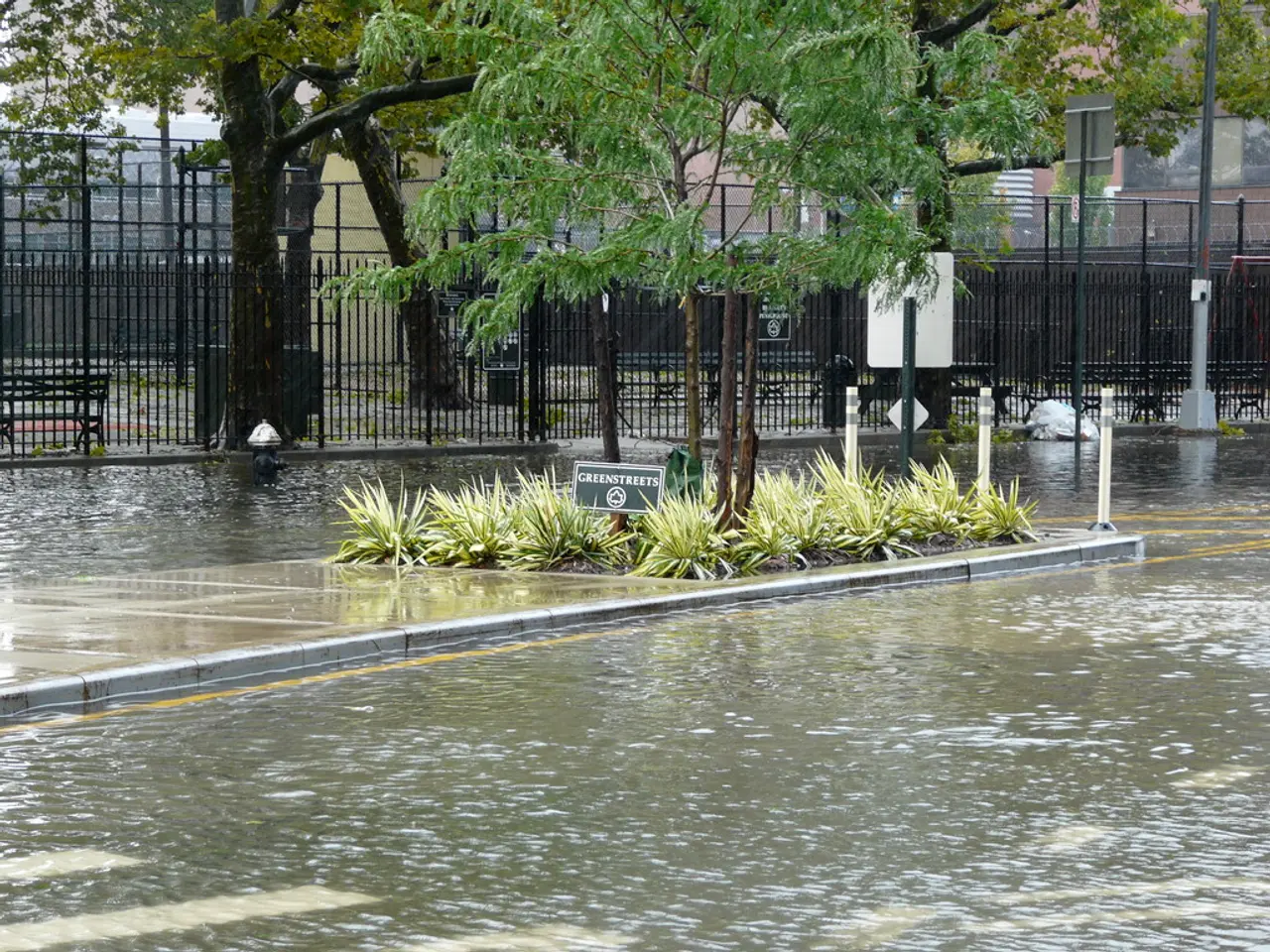Increased water prices face disapproval
In a recent development, farmers' associations in Portugal are vehemently opposing the proposed increase in the price of Alqueva water. The current water price, subsidized significantly, accounts for just eight cents per cubic meter, while the actual cost—including infrastructure, maintenance, and pumping—is approximately 30 cents per cubic meter.
The Alqueva dam system, a massive public investment of €2.5 billion, has not seen its water pricing fully reflect ongoing expenses. This has led to concerns among farmers about the affordability and sustainability of their operations, especially as many farms rely on low-cost water to remain viable.
Luís Mira, Secretary-General of the Confederation of Portuguese Farmers (CAP), has stated that producers should not pay for EDIA's operational deficit through water price hikes. Instead, he suggests that any operational deficits at EDIA should be compensated through transfers from the national budget, not through additional burdens on farmers.
The Young Farmers' Association (AJAP) echoes these sentiments, strongly opposing any increase in the price of Alqueva water. They argue that the artificially low price has so far helped sustain irrigation and agriculture in the region despite its shortcomings.
Given the current market challenges, any increase in the cost of water would be particularly burdensome for farmers. They are already grappling with sharp increases in fertiliser and pesticide prices, market uncertainty, and increasingly erratic weather conditions. Thus, a water price increase would be "simply chaotic" for farmers already under pressure.
Salema, another farmers' association, has proposed a differentiated pricing system based on crop type, to mitigate the impact on various farming sectors.
It's worth noting that the agricultural activity supported by Alqueva generates significant tax revenues for the State, which currently does not face the same financial difficulties as EDIA. A study commissioned by EDIA and conducted by EY confirms that the revenues generated by this agricultural activity surpass EDIA's losses.
Luís Mira also stated that EDIA is being well managed, but the proposed price increase remains a contentious issue. The farmers' associations' proposal to reject the increase has gained traction, as they strive to protect the economic viability of their operations.
[1] For more context on the broader critiques surrounding investment-driven, highly mechanized monoculture farming around Alqueva, and its impact on rural depopulation and environmental sustainability, please refer to additional sources.
The proposed increase in the price of Alqueva water, a burden farmers fear would exacerbate their existing financial struggles in the face of market challenges, has become a contentious issue in the industry. Executive decisions in the sector, such as the water price hike, are being scrutinized in politics and general news outlets, with farmers' associations arguing for compensating any operational deficits at EDIA through transfers from the national budget, rather than through increased water prices.




